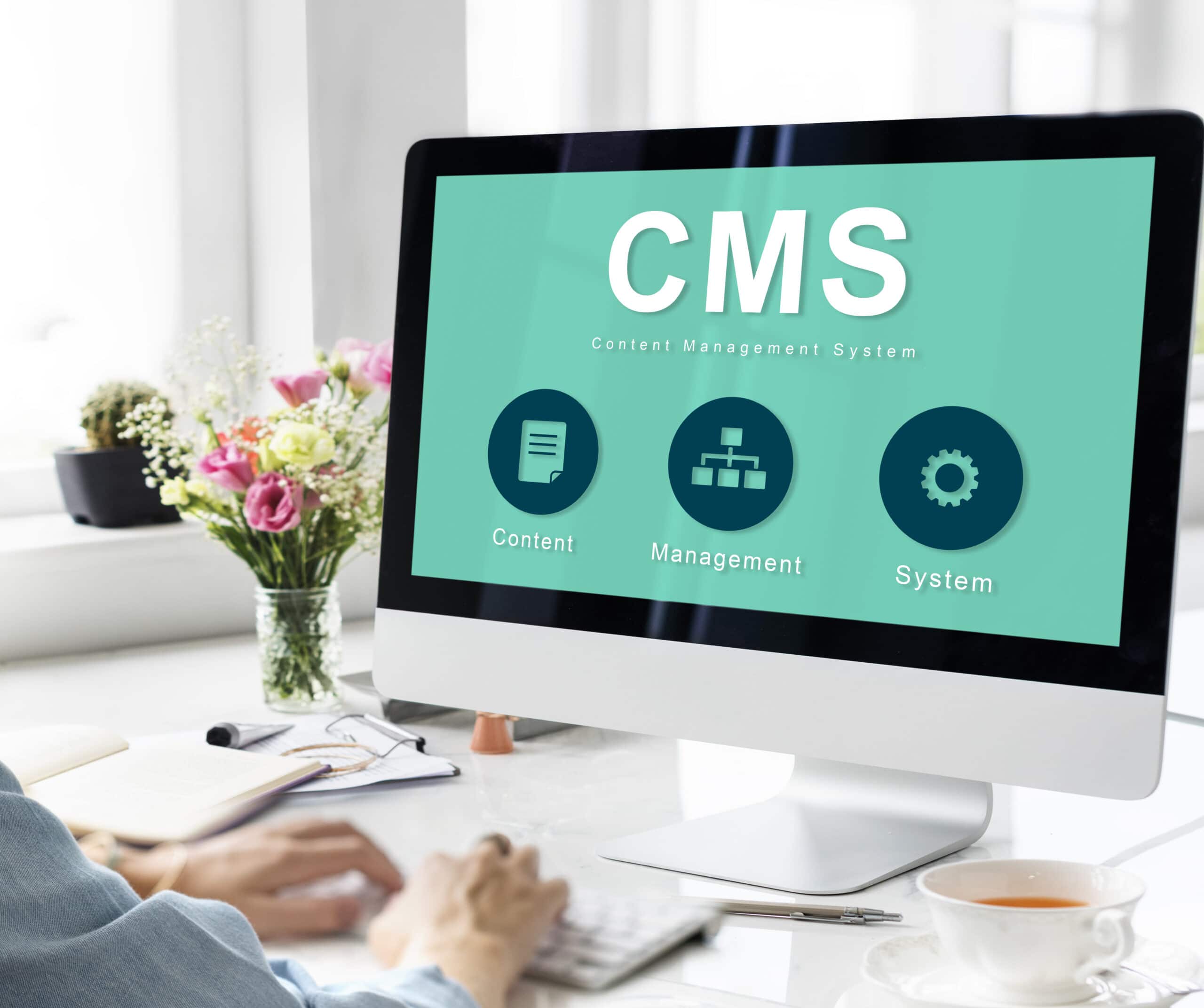The Benefits of Using a Content Management System (CMS) for Your Website
In today’s digital world, having a strong online presence is more important than ever for both businesses and individuals. A well-designed website isn’t just a digital business card—it’s a powerful tool to connect with customers, showcase what you have to offer, and build a memorable brand. But managing all that content? That’s where a Content Management System (CMS) comes in handy. In this post, we’ll dive into the many benefits of using a CMS and how it can transform your online presence.
Simplified Content Management: Easy as Pie
Let’s face it—no one wants to spend hours figuring out how to upload a blog post or change a product description. One of the biggest perks of using a CMS is how it simplifies content management. With its user-friendly interface, a CMS lets you create, edit, and publish content without needing any advanced technical skills. Whether you’re updating your homepage or adding new articles, the intuitive workflow makes the process a breeze. So you can spend more time creating great content and less time fiddling with your website.
Boost Your SEO Game with Built-In Tools
Want your website to rank higher in search engine results? A CMS can help with that! Many CMS platforms come with built-in SEO features that make it easier to optimize your content for search engines. You can tweak meta tags, URLs, and headings to improve your site’s visibility. Plus, with plugins and add-ons, you can dive into more advanced SEO tactics like XML sitemaps, canonical tags, and schema markup. This means better search engine rankings and more organic traffic coming your way!
Streamlined Collaboration and Workflow
Got a team working on your website? A CMS makes collaboration a walk in the park. It allows multiple users to work on different parts of the site at the same time without stepping on each other’s toes. With user roles and permissions, you can control who has access to what, ensuring everyone can focus on their tasks. Plus, with version control, tracking changes and revisions is straightforward, so you always know who did what and when.
Centralized Content Storage: Everything in One Place
Imagine having all your articles, images, videos, and documents stored neatly in one place. That’s what a CMS offers—a centralized repository for all your content. It makes organizing, categorizing, and tagging your content easy, so you can quickly find what you need when you need it. This not only saves you time but also makes your website more efficient and user-friendly for visitors.
Quick and Easy Website Updates
Remember the days of manually editing HTML for every little change on your website? With a CMS, those days are long gone. A CMS separates content from design, allowing you to update the look and feel of your site by simply selecting a different template or theme. This makes it super easy to keep your website fresh and engaging. No more tedious edits—just quick, effortless updates!
Scalability and Extensibility: Grow as You Go
As your website grows, so do your needs. A CMS offers a vast array of plugins and add-ons that let you expand your website’s functionality. Want to add an e-commerce store, social media integration, or custom forms? No problem. CMS platforms often have active developer communities that regularly release updates and new plugins, ensuring your site can adapt to your evolving needs.
Built-in Analytics: Know Your Audience
Understanding how your website is performing is crucial for optimizing your digital strategy. Many CMS platforms come with built-in analytics tools that give you detailed insights into your website’s traffic, user behavior, and conversion rates. By analyzing this data, you can identify what content resonates most with your audience and tweak your strategy accordingly, leading to better results.
Top-Notch Security
Security is a big deal, especially with the rise of cyber threats. CMS platforms are constantly updated to protect against vulnerabilities, ensuring your website remains secure. With robust user authentication systems and customizable roles and permissions, you can control who has access to your site and sensitive content, keeping everything safe and sound.
Personalized Content for a Better User Experience
Today’s web users expect personalized experiences. A CMS allows you to deliver tailored content based on user preferences, browsing history, or demographic information. By using analytics, you can segment your audience and present relevant content, offers, and recommendations. This personalized approach not only enhances user engagement but also boosts conversions and builds customer loyalty.
Save Time and Money with a CMS
Building a website from scratch can be costly and time-consuming, especially if you need to hire a developer. But with a CMS, you can use pre-designed templates and themes, saving you time and money. These templates provide a solid foundation for your site’s design and structure, so you can get up and running quickly without needing to dive deep into coding.
Versatility for Any Type of Website
Gone are the days when CMS platforms were just for blogs. Modern CMSs cater to all sorts of website needs, from small business sites to full-fledged e-commerce stores. With a wide range of plugins and extensions, you can add features like inventory management, payment gateways, and product catalogs with ease. No matter your industry or website type, a CMS gives you the flexibility to grow and evolve.
Conclusion
In short, a Content Management System (CMS) offers a treasure trove of benefits for managing and optimizing your website. From simplified content management and enhanced SEO to seamless updates and strong security, a CMS can revolutionize your digital presence. So, if you’re looking to take your website to the next level, a CMS might just be the solution you’ve been searching for.


